
Manang, Nepal
Program Background
The One-Health-One-Welfare (OHOW) program, collaboratively led by IVO, Snow Leopard Conservancy, Animal Nepal, and Mountain Spirit, improved the lives of both animals and people in Nepal’s Manang District.
The OHOW program employed an interdisciplinary approach to enhance local capacity, emphasizing domestic animal health and welfare, veterinary capacity building, and mitigating human-wildlife conflict. The program aimed to expand veterinary services, particularly focusing on working animals.
Program Start Year: 2022
See how the One-Health-One-Welfare program is impacting animals and communities in Nepal
Our Work
The OHOW program's second phase has made significant strides in improving the lives of animals and people in Manang.
Objectives included One Health community education, specialized veterinary training, and direct veterinary care for herder communities. Key recommendations include rabies vaccination for animal health workers, disease surveillance for snow leopards, and collaborative annual programs for canine sterilization and vaccination.
These recommendations underscore the importance of collaboration among stakeholders to address health, welfare, and conservation issues in Manang. They serve as a roadmap for future endeavors, highlighting the necessity of a collective and cross-sectoral approach to ensure sustained positive impacts on the region's health, welfare, and conservation efforts.
Manang, Nepal Program Gallery




















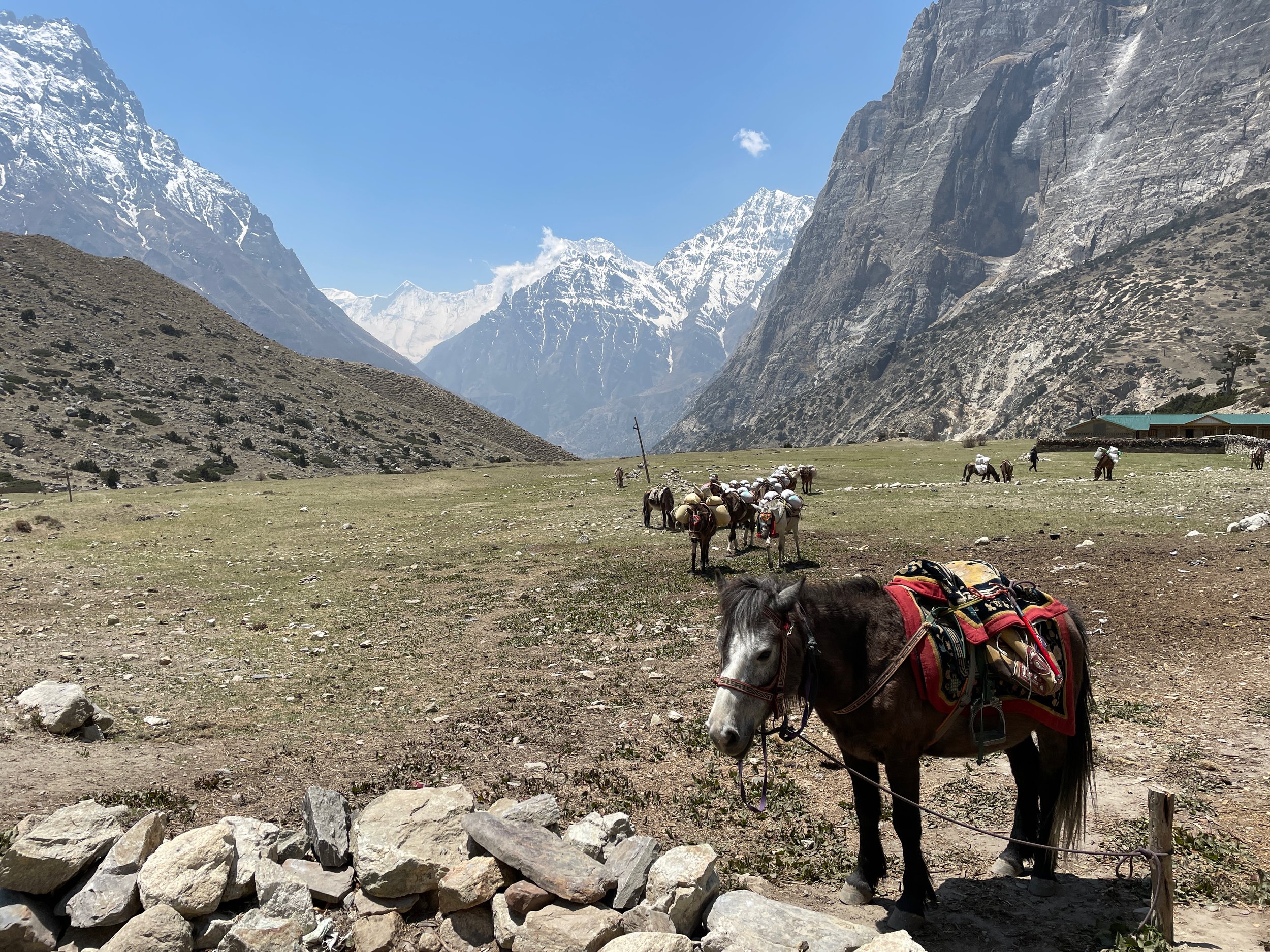

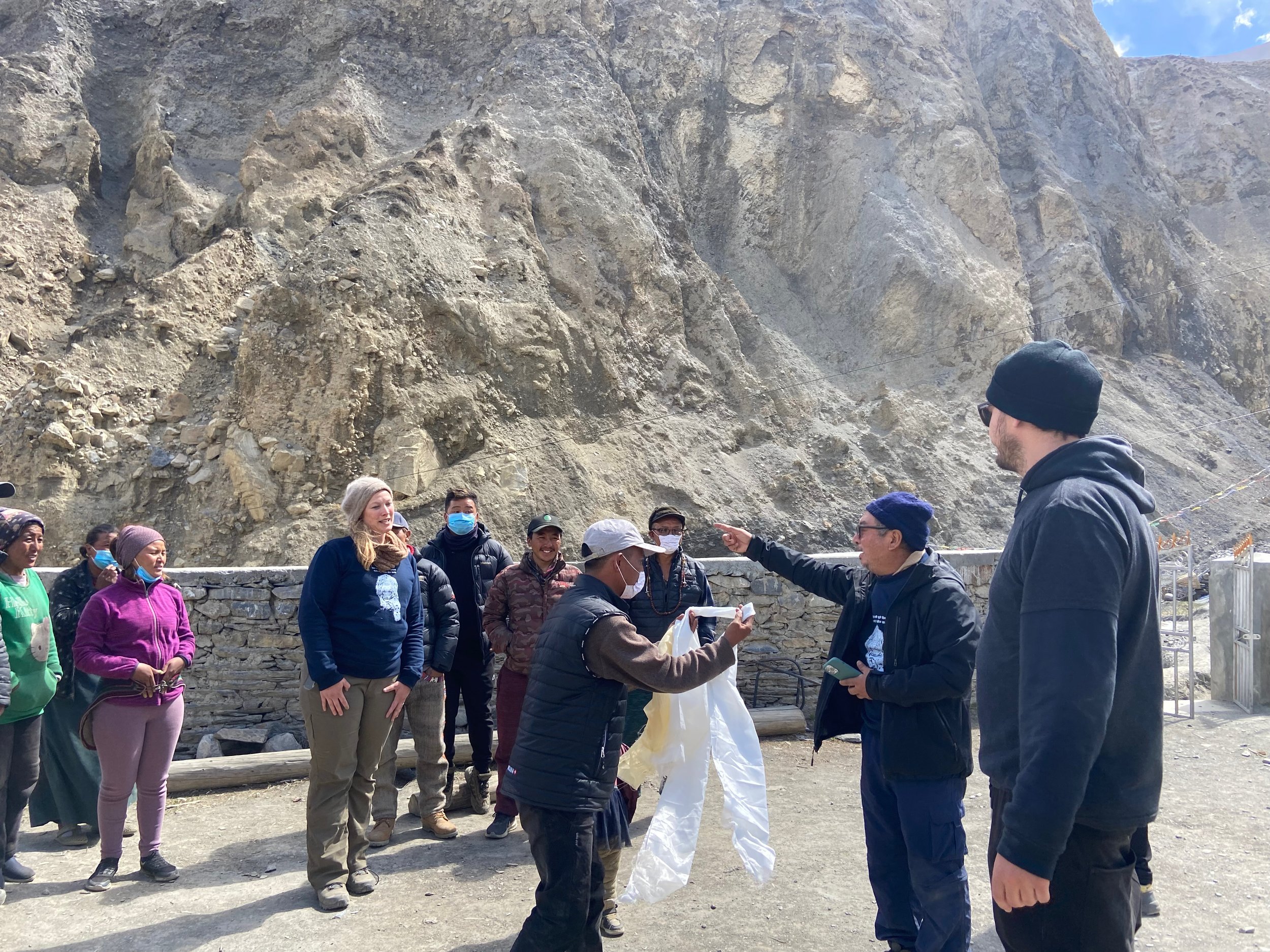
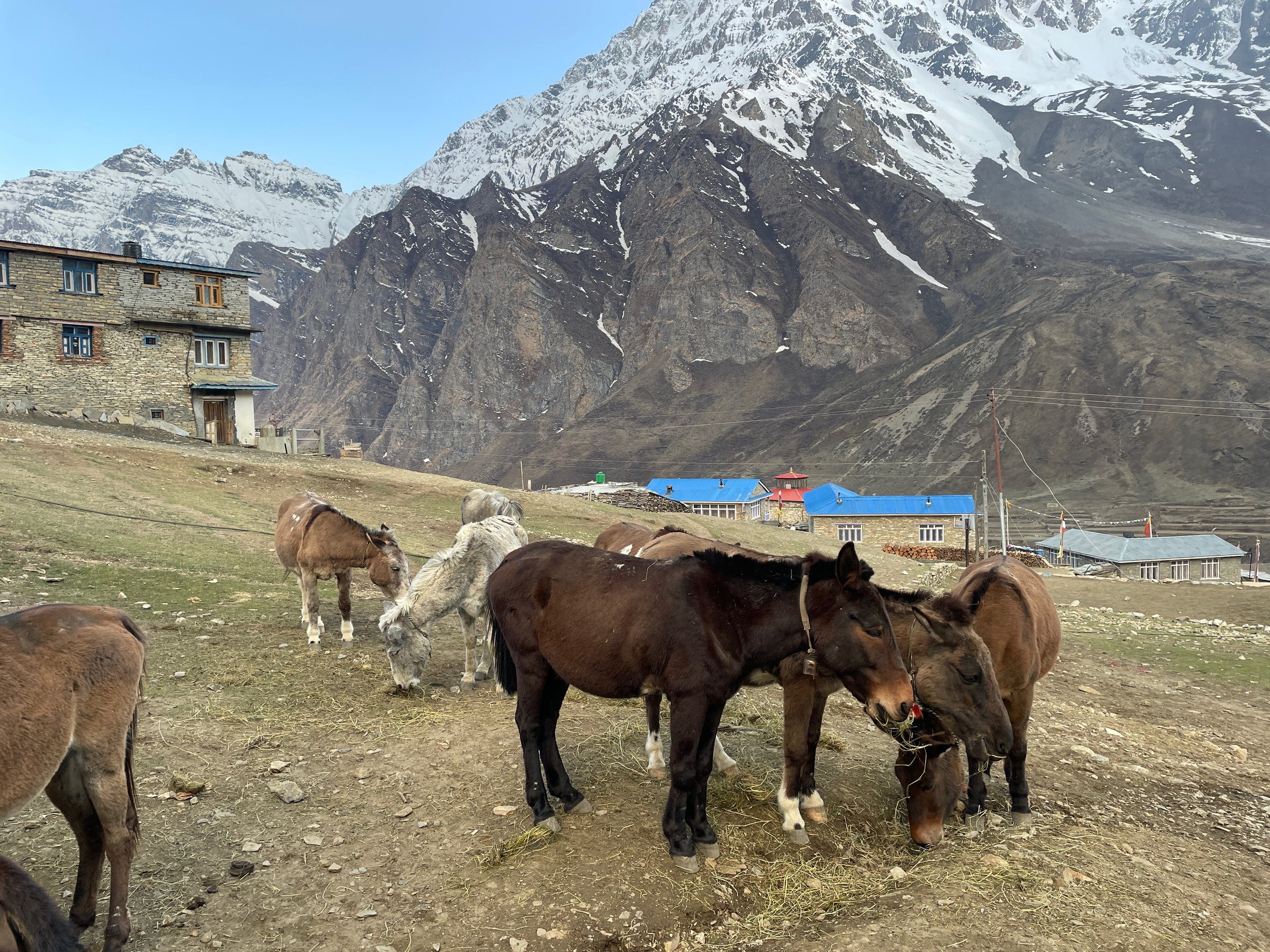
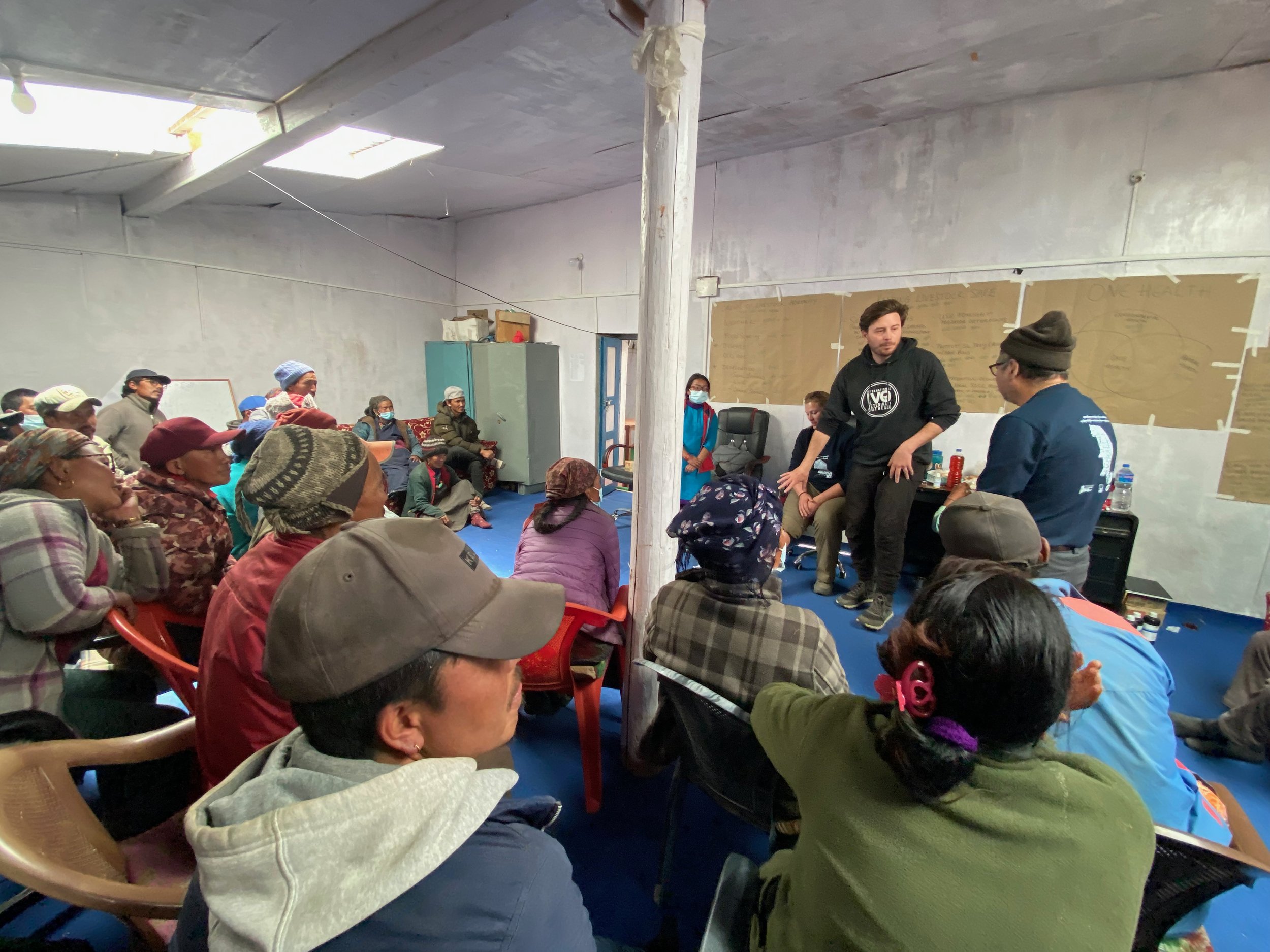
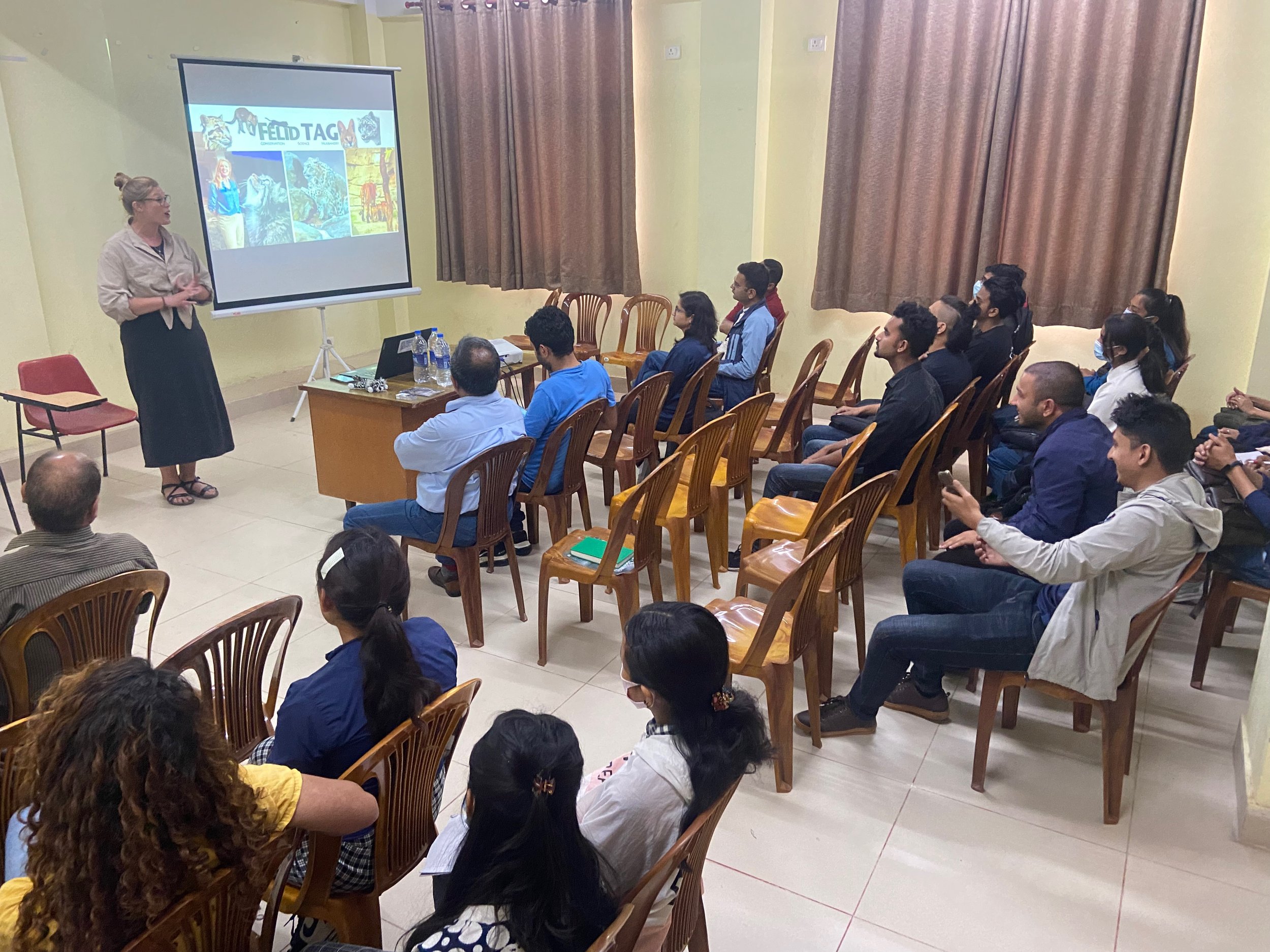
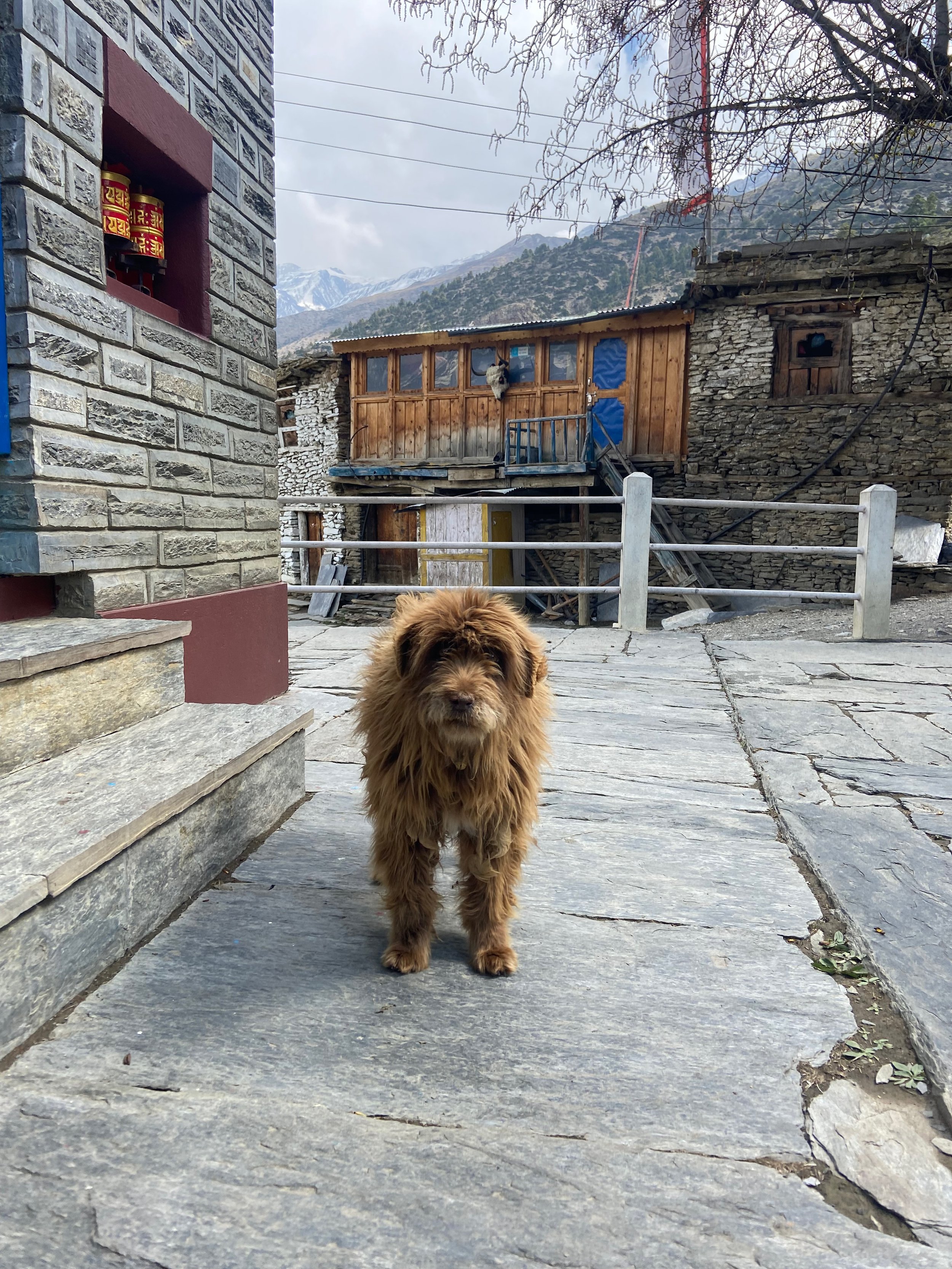
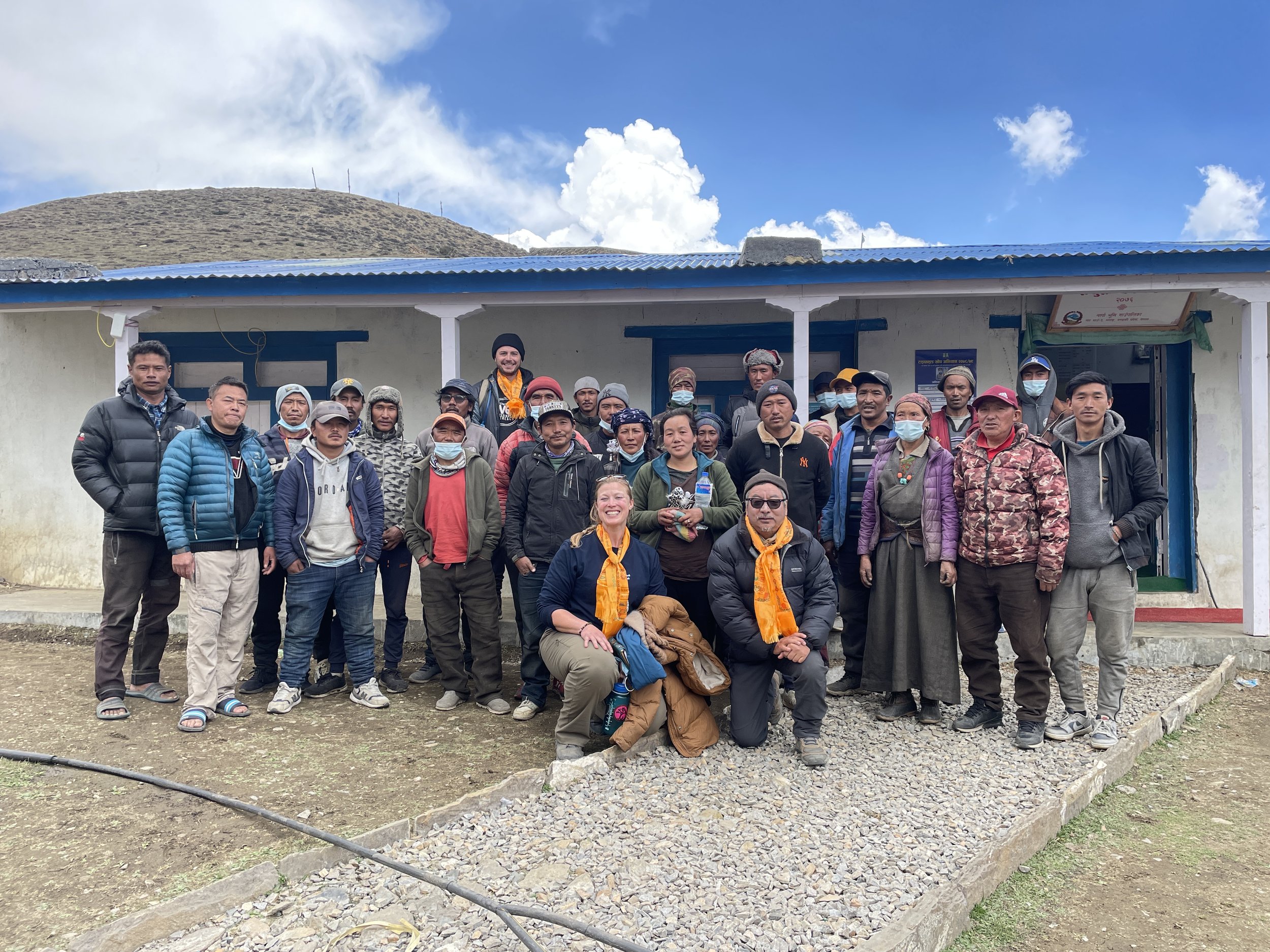

Make a donation to support IVO’s work in Nepal
Support IVO in providing essential veterinary care to
improve the welfare of working animals, increase veterinary capacity, and increase human-wildlife conflict in Nepal.



